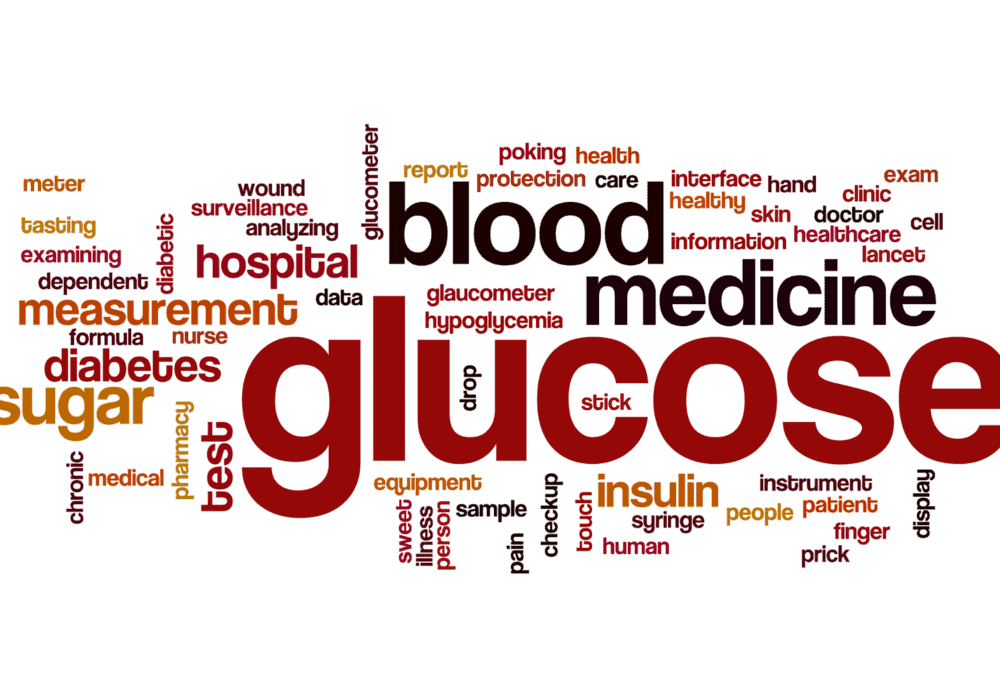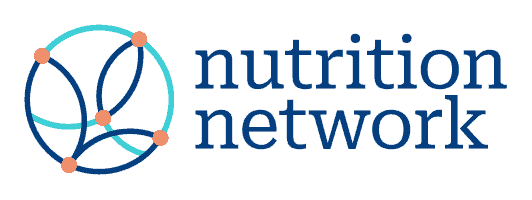
Today on The Ask Prof Noakes Podcast we ask Prof. Tim Noakes to explain exactly what insulin resistance is. He gives us guidelines on how we would know if we are insulin resistant and if we aren’t insulin resistant, he gives us advise on whether we should be following the Banting Diet.
Where it all started…
Today we look at a term we speak about very often on this podcast. When discussing the Banting Diet and who should be following an LCHF Diet we mention the term insulin resistance.
Bruce submitted his question via our website and even though it is a fairly simple question, it is one that we quite often don’t think about answering because we almost assume that people should know the answer.
Bruce wanted to know, in layman’s terms, what exactly is insulin resistance? How do we know if we are insulin resistant? And if we aren’t insulin resistant, should we still be following the Banting Diet?
Prof Tim Noakes: That is a wonderful question and it is something that I didn’t know about four years ago. We weren’t taught about insulin resistance. Just to make the point that Tim Noakes didn’t discover insulin resistance.
It was really discovered by a chap called Jerry Raven from Stanford University, who in the 1960’s read that there are two types of diabetes. There is one where you are insulin resistant and there’s one where you have no insulin – so you are insulin deficient. Insulin deficient gives you type 1 diabetes because you don’t secrete enough insulin or you don’t secrete any insulin so you have to inject insulin or else you die.
When was insulin resistance discovered?
The type 2 is the insulin resistance where although you are secreting some insulin it doesn’t work properly in the body. Then you get evidence for insulin deficiency. What you really need insulin for in the first instance is to slow down the amount of glucose that is made in the liver. If you have insulin and insulin acts appropriately on your liver, when you take carbohydrate – any excess carbohydrate is stored as glycogen or starch in the liver and in the muscles.
If you are insulin sensitive and you eat a high carbohydrate diet, that is not a problem because your insulin works properly and any excess carbohydrates that you take in your diet, is stored immediately in the muscles or in the liver, and your blood glucose returns to normal very quickly after eating a high carbohydrate diet. In my case and people with type 2 diabetes, the 400 million of us globally, it is the single biggest disease in the world.
For us – our insulin doesn’t work properly in the liver, so when we eat carbohydrate, it can’t be stored in the liver because the liver doesn’t recognise the insulin, and it says ‘but you don’t work properly, I am going to have to secrete more insulin if I’m going to store this glucose’. So you can’t store the glucose in the liver and you can’t store it in the muscles.
The liver and insulin resistance
Your body is designed not to allow a high blood glucose concentration. You can’t have it because it will kill you. What you do with the excess glucose that you can’t store in your liver or in your muscle – you turn it to fat.
You turn it into fat in the liver and that liver fat is then exported around the body to the other fat stores. That is the key if you are insulin resistant, you are always over producing glucose, you’re always trying to store it. You can’t store it, you have to turn it into fat in the liver, or fat in the rest of your body.
The only way you can normalise that situation, is to cut the carbohydrate intake to as low as possible. For most of us that means 25g’s of glucose a day, and then you’re ok. I believe that insulin resistance has some biological advantage; otherwise it wouldn’t be so prevalent in populations. As long as you are eating a high fat diet, there is probably some benefit to having insulin resistance.
I don’t know what it is, but it had to have had survival value, otherwise it wouldn’t be present in so many humans. Now, unfortunately what we have done, is we have taken fat out of the diet and we have replaced it with carbohydrate.
Once you do that, every time a person with insulin resistance eats – they have to convert that glucose into fat in the liver. That has a whole bunch of secondary effects. It causes your blood triglycerides to be elevated, and we have discussed that blood triglyceride elevation is a key marker of your ill health.
Then of course it causes your good hdl cholesterol to down which is not good because you want you hdl to be high. Then it also messes up your cholesterol metabolism. Cholesterol is a very important chemical in the body because all cells need cholesterol. So cholesterol is circulating your blood stream to top up the cholesterol requirements of all the cells.
But if you have insulin resistance and you are eating a high carbohydrate diet, you affect your overall cholesterol metabolism. In that the cholesterol doesn’t get removed from the circulation, it sticks around. Then it undergoes oxidation and it becomes small dense ldl cholesterol particles. And oxidised small dense ldl particles, which are a result of a high carbohydrate diet and insulin resistance, those small dense ldl particles then become damaging to your arteries.
So that is the way in which it is a high carbohydrate diet that produces the cholesterol abnormalities that your arteries. It is really interesting, I was in Johannesburg the other day chatting to a lady who teaches metabolism and biochemistry to second year students at Wits.
She wrote to me about a year ago and said ‘you know, the story that fat in the diet is turned into cholesterol is completely wrong.’ She said ‘you develop cholesterol from carbohydrates when you are eating a lot of carbohydrate and your insulin levels are high.’ She said the cardiologists have kind of just ignored that. They have said that it is fat that makes cholesterol. But it is not, it is carbohydrates.
Excessive carbohydrates and excessive insulin produce excessive cholesterol. The idea that eating fat causes your cholesterol to rise and causes heart disease can’t be right. It is the high carbohydrate diet in people who are insulin resistant that causes the abnormal cholesterol metabolism that is associated with heart disease.
That is a paper we are working on now, and we are going to release it sometime in the new year – probably at the low carb conference next year. That will cause quite a stir when people realise that they were completely misled on how cholesterol rises in your blood and what causes it to rise.
Brad Brown: And what about testing if you are insulin resistant and being on this diet if you are not?
Common abnormalities if you are insulin resistant
Prof Tim Noakes: If you are insulin resistant, you will have five abnormalities in your blood. These five abnormalities will be slightly different, or badly different. That’s the key, you can judge your level of insulin resistance by how erroneous or how bad these values look.
The first one is triglycerides. The higher your triglycerides, the worse your cholesterol metabolism.
The second is your hdl cholesterol. The lower your hdl cholesterol, the worse your cholesterol metabolism. Then there is your glucose and insulin. The higher those are, in the fasting state, the worse off you are – the more insulin resistant you are. The 5th variable is the glycated haemoglobin. Or the hba1c. That is haemoglobin that has been damaged by too much glucose.
If your glucose is elevated during the day because you are insulin resistant and eating too much carbohydrate, you damage the haemoglobin. The doctors can then measure the percentage of haemoglobin that is abnormal.
If your value is 5 or below, you’re very insulin sensitive, and you are unlikely to get diabetes. At least in the next 20 or 30 years. If your value is 5.5, you’re on the cusp. You are looking like you are insulin resistant, and you probably should cut your carbs.
If your value is 6, you are in real trouble. Because if you continue to eat that diet, you will develop diabetes in the future. If your value is 6.5%, you already have diabetes. The glycated haemoglobin is one of the very best tests for if you are insulin resistant, and the damage that your insulin resistance is doing to your body.
It is absolutely essential that everyone knows which the hba1c is. If you are running lots, eating a high carbohydrate diet and your hba1c I 5.5 – you’re eating too much carbohydrate. You are going to get problems later on unless you cut the carbs. There’s the answer. Measure your hba1c, measure everything else – but they will all be exactly the same.
They will be bad if your hba1c is up. If your hba1c is above 5.5, for goodness sake – get off the carbs. If it is below 5, you can eat all the carbs you like, but do test yourself in five years time. If it has gone up to 5.3 / 5.4 five years later – you are eating too much carbohydrate, you need to cut back again.
